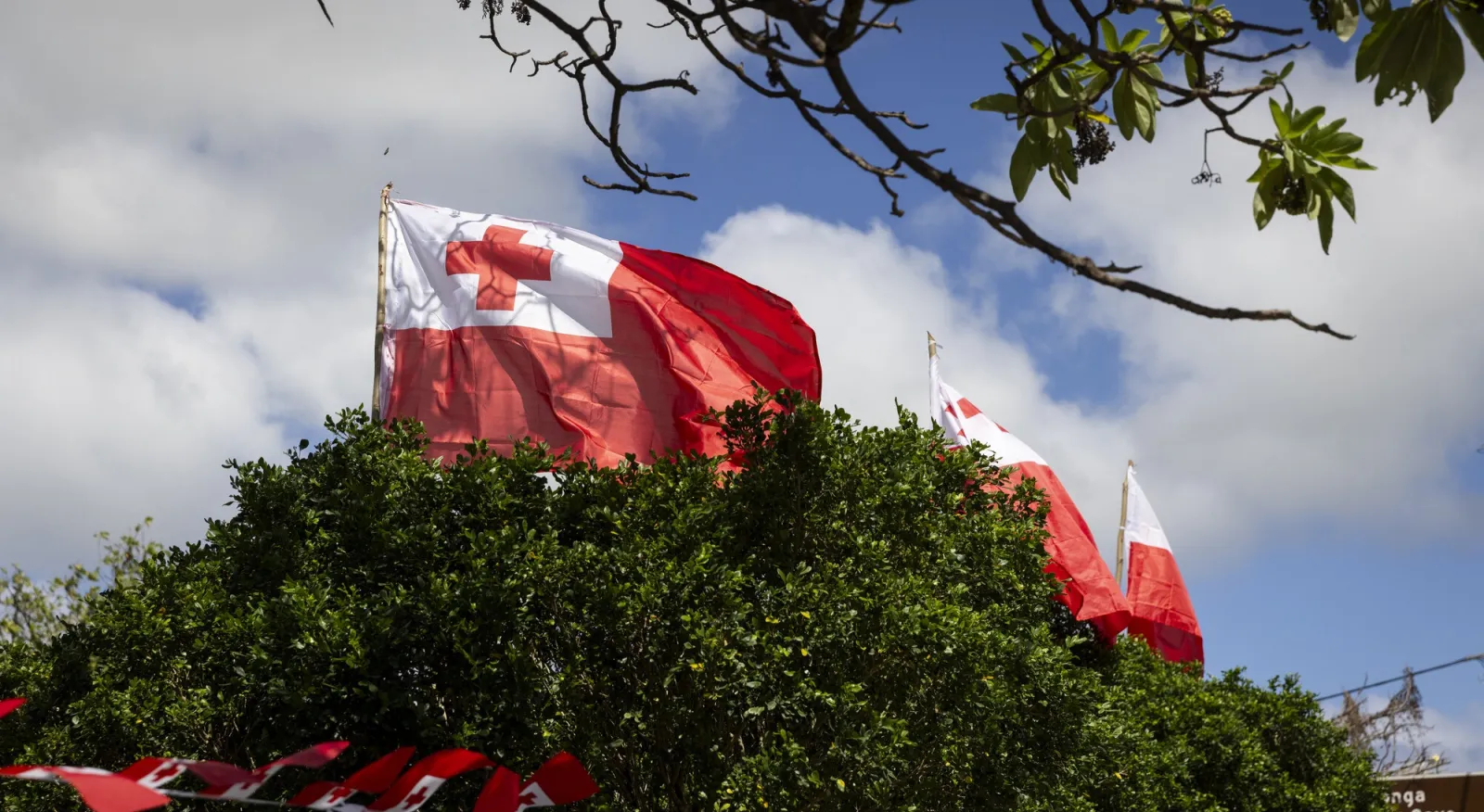Learning for a lifetime
Co-founder of the Humanitarian Advisory Group on how volunteering shaped her life and career.

Beth Eggleston, Australian volunteer and co-founder of Humanitarian Advisory Group (HAG), shares in her own words how the learning and relationships she developed on three very different assignments changed her life.
My experiences as an Australian volunteer in Tonga, Laos and Afghanistan led to the rest of my career. I have since worked with the United Nations in Afghanistan looking at humanitarian coordination, then with Oxfam, and that led to starting up the Humanitarian Advisory Group.
Becoming an international volunteer
I was lucky enough to go to Tonga in the year 2000 for my first volunteer assignment, with the Tonga Community Development Trust as a Community Theatre Advisor. I got to work with fantastic young people to help develop their theatre skills. These young people wrote community dramas, and we travelled all over Tonga to provide these dramas in local communities. The idea was that the dramas would start conversations around environmental awareness, HIV/AIDS, domestic violence, and climate change.
After volunteering in Tonga, I went to study in Melbourne. It was during my master’s study that I was able to undertake my second volunteer assignment in Laos with International Cooperation NGO IV-Japan for three months in 2002-03. This was a very different kind of assignment, looking at vocational training to provide alternatives to opium production.
The opium was a valuable commodity to the communities, so we tried to work out what else people wanted to grow, and where the community wanted things to go. We also had conversations with the community about the risks – in particular the security risks - around poppy production. There was no electricity, heaters or running water. It was very cold, but incredible.
Unexpected lessons
When I completed my master’s thesis looking at post-conflict reconstruction in Afghanistan, I went on assignment with five other Australian volunteers in Afghanistan for one year in 2004-05. Humanitarian Assistance and Facilitating Organisation (HAFO), the organisation that I worked with, focussed on disarmament, demobilisation and reintegration of former combatants, including through the provision of small business training and language skills. Eng. Jaweed, my supervisor at HAFO, taught me something that was very unexpected. Some of the programs that HAFO was working on were about rebuilding cultural heritage, and while I thought this was nice, I didn’t really understand the importance of this. I was very much expecting that I would learn about international development or conflict-sensitive programming.
We were on a building site where there was reconstruction of a mosque when Eng. Jaweed told me, ‘you can give people food, shelter, education - these things are important- but what is it all for if you don’t have identity, and culture, and art, and something to be proud of?’ That really stayed with me.
Many of the projects were focussed on the recreation of gardens, where families would then be able to have picnics, and minarets, which were a sacred place and something that people really valued. It was very interesting learning that it wasn’t just about development programs that have more of an economic focus; it was really important to understand how to rebuild a society, and to learn the part that identity and culture played within that.
Long-lasting friendships
I was fortunate to visit my counterpart from HAFO, Ziarmal, and his family more recently – they are now in Türkiye. When I visited their house, they had all these white bags full of shopping. I offered to help him and his wife unpack the bags, and he said ‘I’m sure you’ve heard that the situation in Syria is so grim, we’ve got so many refugees coming over the border.’ They had very little in their house, but all these bags were lined up ready to give to the refugees coming over the border.
I feel very fortunate to have had the opportunity to learn from so many incredible people while on assignment who knew so much. I’m still in touch with my counterparts now. What they taught me has shaped my life.